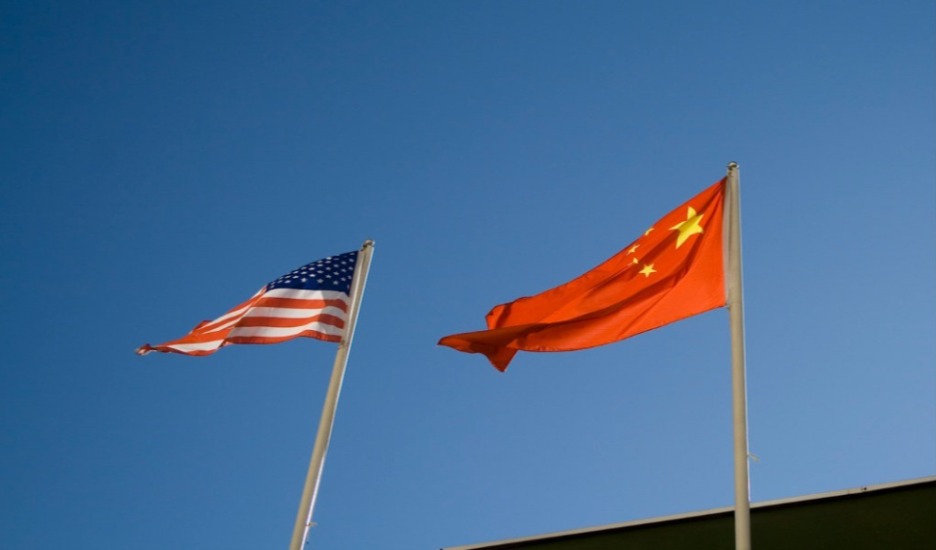Blaming (or Crediting) the Lawyers for Our Syria Policy
This morning both the WSJ (behind paywall) and NYT have stories on how law and lawyers have influenced the changing USG posture on intervening in Syria. The gist of the WSJ story is that administration lawyers, apparently relying on the ICJ Nicaragua Case, pushed ba
This morning both the WSJ (behind paywall) and NYT have stories on how law and lawyers have influenced the changing USG posture on intervening in Syria. The gist of the WSJ story is that administration lawyers, apparently relying on the ICJ Nicaragua Case, pushed back against policy makers who called for “more assertive U.S. action by citing the risks of skirting international law.” The lawyers ultimately acquiesced in military aid and training to the rebels by the CIA via covert action, even though (as the NYT makes clearer than the WSJ) they concluded that the aid probably violated international law.
U.S. officials gave the WSJ two reasons “as to why the lawyers were cautious” in this context. First, the Obama administration sought to “draw a distinction with the Bush administration and its approach to international law.” And second, the lawyers were influenced by “Mr. Obama's deep reluctance to take steps that could lead the U.S. into another war in the Middle East.” As reasons to explain or justify the arc of USG Syria policy, the first ground is unpersuasive, and the second ground more persuasive, for four reasons.
First, the Obama administration has continued controversial Bush-era interpretations of international law related to intervention – such as the use of the “unwilling or unable” standard in assessing self-defense for drone strikes – when it suits their interests. Second, the administration has in other contexts interpreted international law opportunistically when it wants to intervene, such as when it read UNSCR 1973 very broadly (many say too broadly) in removing Gadhafi in Libya. Third, the President has overruled OLC on legal matters concerning domestic law when he wanted to continue an intervention (I am thinking here of the President’s disregard of OLC Libya War Powers Resolution advice), and could surely do the same with legal advice concerning international law in a similar context. And fourth, according to both the WSJ and the NYT, the administration eventually went forward with the military aid to certain Syrian rebels in any event, even though it could not find a justification to do so under international law – but it did so through CIA covert action rather than through more open channels.
I have no doubt that law and lawyers and concern for creating unfavorable precedents are influencing this debate inside the administration. But the responsibility for the halting nature and scope of the USG’s intervention in Syria cannot be placed on the lawyers’ shoulders. It rests with the President, who has plenty of legal room for more aggressive intervention if he wants to do more. (For what it is worth, I find the President’s reluctance to intervene admirable and appropriate – but I think that he alone, and not the lawyers, deserves credit, or blame, for our Syria policy.)
Jack Goldsmith is the Learned Hand Professor at Harvard Law School, co-founder of Lawfare, and a Non-Resident Senior Fellow at the American Enterprise Institute. Before coming to Harvard, Professor Goldsmith served as Assistant Attorney General, Office of Legal Counsel from 2003-2004, and Special Counsel to the Department of Defense from 2002-2003.



.jpeg?sfvrsn=c4bce09_7)

